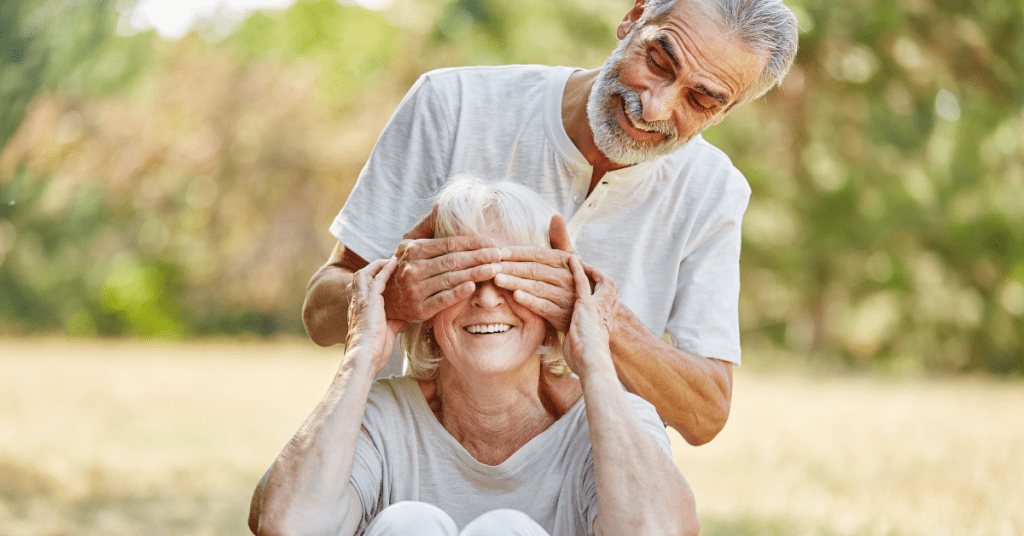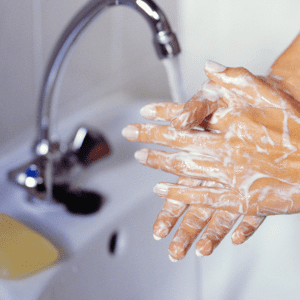Five Things Seniors Need to Know About Eye Health

As we age, our eyesight deteriorates. Genetics, dieting, and overall well-being play a large role in eye health as we get older. There are precautions and factors to consider that will protect and allow your eyesight to remain strong as you get older. We’ve outlined five things all seniors should know about eye health as they get older.
1. Eat healthily
Vision changes as we age but a healthy diet is key to limiting the effect of those changes.
Antioxidant-rich foods like fish and nuts guard against developing eye problems such as glaucoma.
Vegetables and fruit like spinach, broccoli, sweet potatoes, and oranges provide vitamins and nutrients that protect vision.
2. Manage chronic conditions
Chronic conditions such as high blood pressure and diabetes can wreak havoc on your vision.
These conditions may cause blood vessels in your eyes to become malnourished due to a lack of blood and the extra pressure that weakens the blood vessels.
It is important to follow the treatment prescribed by your primary care provider.
3. Know your family health history
Genetics certainly play a large role in your health as you age.
The great thing is that if you know your family’s medical history and implement actions to combat undesirable health conditions, it may be possible to lower the risk of developing vision issues such as cataracts.
Adopting healthy habits that include exercise, a nutritious diet, no smoking, and frequent checkups can go quite a way toward retaining healthy eyes.
4. Keep your hands clean 
It may sound like a no-brainer, but it is important to keep your hands clean especially when handling your prescriptions lenses and contacts.
Bacteria from unclean hands can lead to nasty eye infections that affect your vision. Remember to also disinfect your contact lenses daily with a cleaning solution.
5. Be proactive
If your doctor can detect vision issues early there are often options and safeguards that may save your eyesight. Even if you think an issue is insignificant it is best to talk to your eye doctor.
If you experience hazy or blurry vision, dry eyes, redness, or floaters don’t hesitate to get an eye exam. These symptoms could signal the beginning of corneal disease, cataracts, or glaucoma.
Vision loss can make it difficult for seniors to live independently. However, aging shouldn’t mean settling for poor eyesight. Eyesight can be preserved with regular eye exams, a healthy lifestyle, and good nutrition no matter your age.
If you have noticed signs of vision loss or would like to schedule an eye exam, please contact The Eye Center, with locations in Huntsville and Madison, at 256-705-3937.
